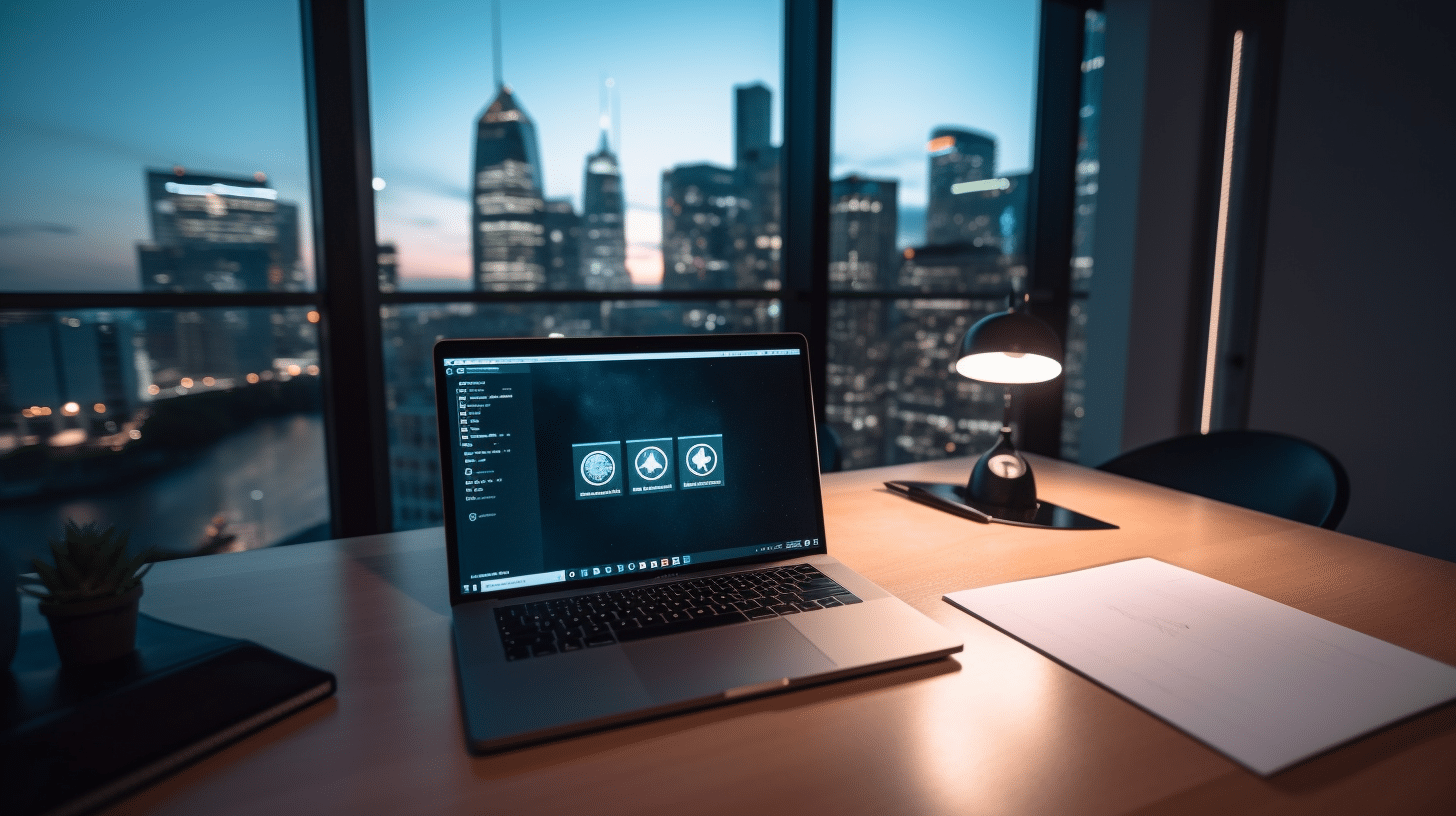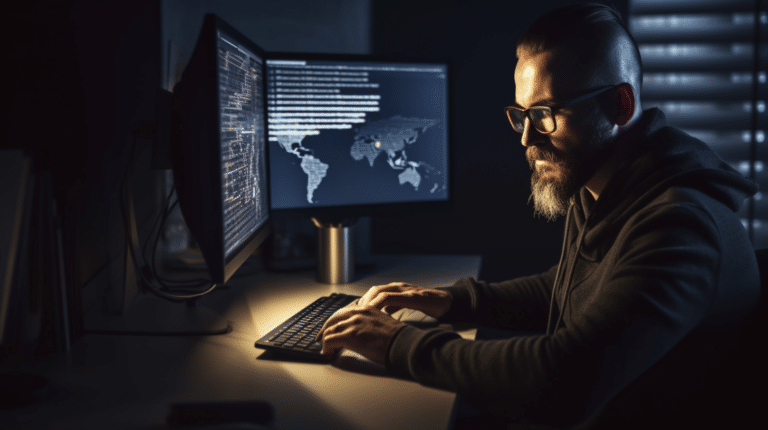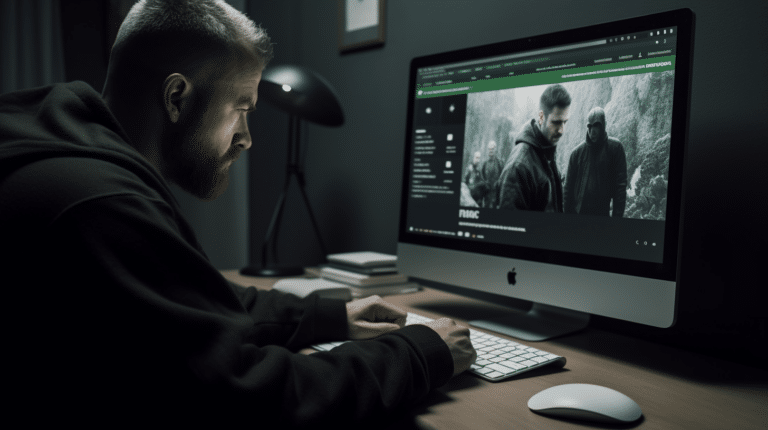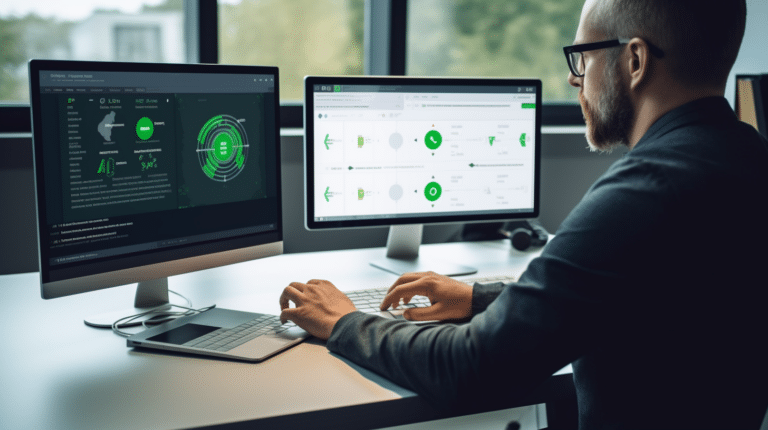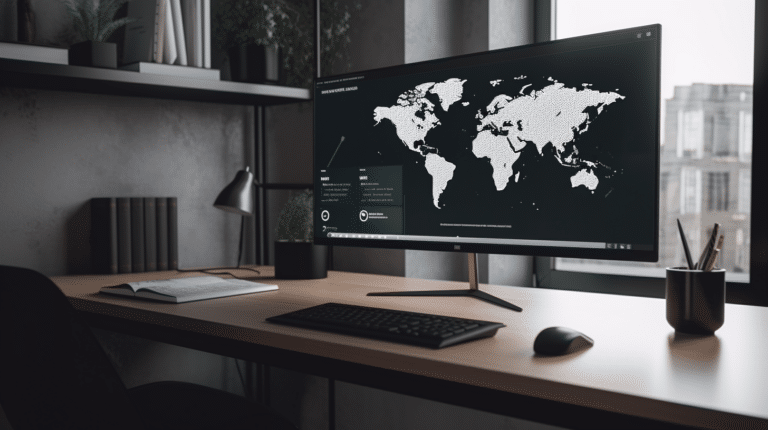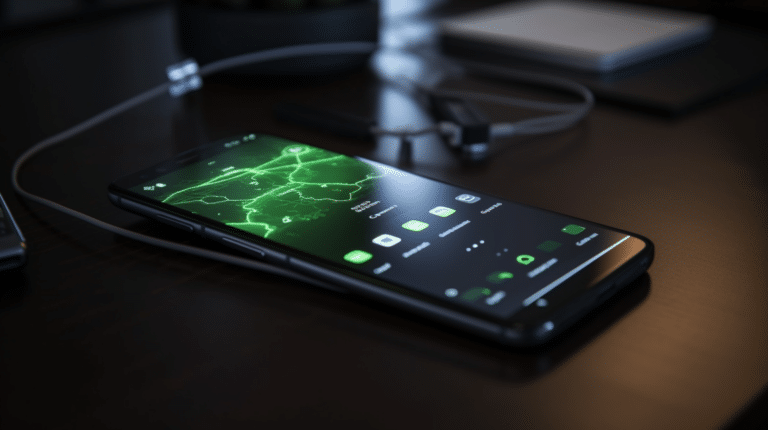The legality of virtual private networks (VPNs) can sometimes be a gray area, as it often depends on the specific regulations set by individual governments around the world. VPNs have become increasingly popular due to their ability to enhance privacy and security for internet users. However, the question of whether using a VPN is legal or not is often debated and varies depending on the jurisdiction.
Some governments have taken a more restrictive approach towards VPN usage due to concerns about the potential abuse of this technology for purposes such as bypassing censorship, accessing geo-blocked content, or engaging in illicit activities. Despite these concerns, in many countries, VPNs remain legal as long as they are used for legitimate purposes and in accordance with applicable laws and regulations. It’s crucial for users to understand the specific rules and conditions surrounding VPN use in their respective jurisdictions in order to stay compliant and avoid potential penalties.
Key Takeaways
- VPN legality varies depending on the jurisdiction, with some governments taking a more restrictive approach.
- VPNs are commonly used for enhancing privacy and security but can also be misused for illicit purposes.
- Users should understand the specific rules and conditions surrounding VPN use in their respective jurisdictions to remain compliant.
VPN Legality: An Overview
Virtual Private Networks (VPNs) provide users with increased privacy, security, and the ability to access information from geographically restricted sources. While their use has grown in popularity, the legal status of VPNs varies across countries as governments enforce different regulations and restrictions.
In general, VPNs are legal in most countries where internet usage is not heavily regulated or censored. In these countries, individuals and businesses employ VPNs to enhance their online security and privacy without facing legal repercussions. Using VPNs for legitimate purposes, such as protecting confidential data or accessing geo-restricted content for personal use, is often permitted.
However, some countries have strict regulations on VPN usage or have even declared them illegal. For instance, in China, the government has requested Apple to remove 674 VPN apps, as VPNs are heavily regulated and can only be used after obtaining government approval. Similar restrictions have been enforced in countries like Russia, Iran, and North Korea, where VPNs have been deemed illegal or their usage is strictly regulated.
It is essential to note that while using a VPN might be legal, engaging in illegal activities with the help of a VPN remains against the law. VPNs should not be used for participating in activities such as hacking, accessing illegal content, or promoting illegal activities. In the event of law enforcement agencies identifying such activities, they may request information from the VPN providers, which may lead to legal consequences for the user.
In conclusion, understanding the legality of VPNs is vital for users worldwide. While VPNs might be legal in most countries, some governments have strict regulations that can lead to severe penalties for those who do not comply. It is critical for users to be aware of the specific laws and regulations in their region to avoid any potential legal repercussions.
Government Censorship and VPNs
Understanding Censorship
Censorship refers to the control or suppression of information, often for political or moral reasons. Some governments practice internet censorship in an attempt to control the flow of information within their borders. One common method of circumventing censorship is through the use of Virtual Private Networks (VPNs). VPNs establish a secure, encrypted connection between a user’s device and a remote server, making it difficult for censors to track or block access to restricted content.
However, it’s important to note that the legality of VPN use varies across different countries. Some countries ban VPNs altogether, while others impose restrictions on their use.
Countries That Ban VPNs
There are a few countries where VPN use is outright banned. For example, China has implemented strict internet regulations, including the prohibition of VPNs that are not approved by the government. This means that using a non-approved VPN in China can be considered illegal.
In addition to China, other countries such as North Korea, Belarus, and Iraq also have strict bans on VPN usage. Violating these regulations can result in penalties, including fines and potential imprisonment.
Countries That Restrict VPNs
Some countries do not ban VPNs completely but still impose certain restrictions on their use. This may include enforcing governmental oversight on VPN providers, requiring them to keep logs of user activities, or limiting which types of websites are accessible through VPN connections.
For example, in Russia, VPN providers are required to comply with government censorship laws and block access to specific websites. Similarly, Iran has put measures in place requiring VPN services to obtain a license from the government in order to operate legally.
In summary, the use and legality of VPNs are subject to the regulations imposed by individual countries. While some nations ban VPNs entirely or place significant restrictions on their use, others allow citizens to use VPNs freely as a means of ensuring privacy and accessing unrestricted information. It’s important to be aware of the specific laws and regulations in place when considering VPN use in a particular jurisdiction.
VPN Use in Specific Countries
United States
In the United States, VPN usage is generally legal. Many people use VPNs for privacy and security purposes, as well as for bypassing geo-restrictions. However, using a VPN for illegal activities such as hacking, copyright infringement, or accessing the dark web is still subject to penalties under relevant laws.
China
In China, the use of unauthorised VPNs is restricted. The Chinese government implemented regulations in 2017 to control VPN usage, specifically targeting VPNs that do not comply with their laws. Locals and foreigners must use approved VPNs, and non-compliant VPN providers may face penalties.
Russia
In Russia, VPN usage is heavily regulated. A law enacted in 2017 requires VPN providers to register with the government and restrict access to certain websites. Using VPNs for accessing blocked content can result in fines.
North Korea
VPN usage in North Korea is extremely risky, as the country has a strict censorship regime. It is not only illegal but also considered a political offense. Those caught using a VPN could face severe consequences, including imprisonment.
Iran
In Iran, using authorized VPNs is legal, but unauthorised ones are not. The government monitors VPN usage and has shut down several providers in the past. Individuals caught using unauthorized VPNs could face consequences, such as imprisonment or fines.
United Arab Emirates
In the United Arab Emirates (UAE), VPN usage is regulated, and using a VPN for illegal activities like accessing blocked websites is punishable by law. The government has cracked down on VPN providers and users who misuse the technology for non-business purposes.
Turkey
In Turkey, the government has restricted VPN usage, with several services blocked since 2016. VPN providers are required to comply with government regulations, and using a VPN to access blocked content or for non-business purposes is considered illegal.
Belarus
In Belarus, VPN usage is prohibited, and the government actively blocks access to many VPN services. Using a VPN for any reason can result in legal consequences.
Oman
In Oman, VPN usage is restricted, and only businesses with a verified need can obtain a permit to use VPN services. Using a VPN without a valid permit is considered illegal and can lead to penalties.
Iraq
In Iraq, VPN usage is also tightly regulated. Reasons include national security concerns and the government’s efforts to control access to information. Using a VPN, especially for non-business purposes, is considered illegal and could result in penalties.
VPN Providers and Their Compliance
Data Retention and Logging Policies
VPN providers must adhere to various legal frameworks depending on the countries in which they operate. Data retention and logging policies play an essential role in determining the level of privacy users can expect. Some VPN providers follow a strict no-log policy, ensuring that users’ activities and personal information are not retained. This approach contributes significantly to their compliance with stringent privacy regulations.
However, not all VPN providers adhere to the same standards. For example, Canadian VPN providers are subjected to mandatory data retention laws and have to maintain records of users’ connections and other activities. As a result, users need to exercise caution when selecting a VPN provider, paying particular attention to their data retention and logging policies.
Server Locations and Jurisdictions
Another critical aspect of VPN providers’ compliance is the location of their servers and the jurisdictions they fall under. Server locations can have a significant impact on privacy, as some countries have strict data protection regulations. As pointed out in an empirical analysis of the commercial VPN ecosystem, some VPNs fail to deliver on their promises of geographic diversity due to a lack of compliance with local laws.
For example, VPNs operating in China must comply with the Chinese government’s VPN law to continue providing their services. This could mean the VPN provider must adhere to specific legal requirements and potentially allow government authorities access to user data.
In conclusion, it’s essential for users to research their chosen VPN provider’s data retention policies and server locations before committing to any service. By doing so, they can ensure that they select a provider that adheres to strict privacy standards and operates within a jurisdiction that aligns with their privacy requirements. Always remember to review the VPN provider’s website for clear information on their practices and policies to make an informed decision.
The Security and Privacy Offered by VPNs
With the rise of internet surveillance and privacy concerns, many people are turning to Virtual Private Networks (VPNs) to help protect their online activity. In this section, we’ll discuss some of the key benefits of using a VPN, such as encryption methods, anonymous browsing, and public Wi-Fi security.
Encryption Methods
VPNs provide an essential layer of security by utilizing various encryption protocols to ensure that your data is protected while it travels between your device and the VPN server. Some of the most common encryption methods used by VPNs include:
- AES (Advanced Encryption Standard): This is a widely used encryption standard that can have a key length of 128, 192, or 256 bits. AES-256 is considered the most secure and is often employed by top VPN services.
- OpenVPN: A highly configurable open-source protocol that provides a strong balance between security and performance. It utilizes SSL/TLS encryption and can work over both UDP and TCP ports.
- IKEv2/IPsec: A reliable and secure protocol that is often used by VPNs for mobile devices, as it seamlessly handles network switches and supports fast reconnections.
Anonymous Browsing
One of the main reasons people use VPNs is to ensure their online privacy by masking their true IP address. When you connect to a VPN, it assigns you a different IP address, which is typically shared among other users connected to the same server. This helps keep your identity and location secret, making it harder for websites, advertisers, or even governments to track your online activity.
In addition to masking your IP address, VPNs also help prevent DNS (Domain Name System) leaks and can even include built-in protection against more advanced tracking techniques, such as WebRTC leaks.
Public Wi-Fi Security
Public Wi-Fi networks, like those found in cafes and airports, can be hotbeds for hackers and cybercriminals. These networks are often unsecured, which means anyone with the right tools can intercept your data as it travels across the network. By using a VPN, you create a secure, encrypted tunnel between your device and the VPN server, reducing the risk of having your sensitive information intercepted by malicious actors.
While using a VPN can significantly enhance your security and privacy online, it’s important to choose a reputable service that has a strong commitment to protecting your data. Some VPNs may not provide the level of security and privacy they advertise, so doing your research and reading reviews is crucial in selecting the right VPN for your needs.
Legal and Illegal Use of VPNs
Using VPNs for Legal Purposes
VPNs, or Virtual Private Networks, can be used for various legal purposes. They help maintain online privacy and security, allowing users to access public Wi-Fi networks safely. Additionally, VPNs can be used to bypass geo-restrictions when accessing content on streaming platforms like Netflix or Hulu. For instance, users may want to connect to a different country’s server to view shows and movies not available in their region. VPNs can assist remote workers in securely connecting to their company’s internal network and accessing resources and applications from anywhere.
VPN Use in Illegal Activities
Despite their legal uses, VPNs can also be exploited for illegal activities. Hackers may use VPNs to hide their identity and location while engaging in cybercrimes, such as infiltrating networks, stealing personal information, or launching DDoS attacks. Furthermore, VPNs can facilitate illegal file sharing and the unauthorized downloading of copyrighted content, which is considered copyright infringement in many countries.
VPN services like Tor can be used for both legal and illegal purposes. While Tor is commonly utilized by activists, journalists, and individuals seeking a high level of anonymity online, it can also be misused by malicious actors.
Law Enforcement and VPNs
Due to the potential involvement of VPNs in illegal activities, law enforcement agencies must find ways to track and apprehend cybercriminals. However, the very nature of VPNs and the encryption they use can make it difficult for authorities to identify suspects and gather evidence.
Some countries have introduced restrictions or even bans on VPN usage, while others require VPN service providers to keep logs of their clients’ online activities, which can assist law enforcement in investigations if needed. In certain cases, law enforcement may employ hacking techniques themselves and gain access to suspects’ systems using the same tools and methods employed by cybercriminals.
In summary, VPNs serve multiple purposes and can be used for both legal and illegal activities. While they offer significant benefits in terms of privacy and security, they may also enable criminal behaviour, prompting law enforcement to develop methods for tracking and countering illegal VPN usage.
Frequently Asked Questions
Can I legally use a VPN?
Yes, in most countries, using a VPN is legal. VPNs provide privacy, security, and anonymous browsing to users. However, it’s important to note that using a VPN for illegal activities remains unlawful. Some countries have specific laws regulating VPNs, so it’s crucial to check the local regulations before using one.
Is using VPN illegal for streaming services?
Using a VPN to access streaming services is not generally illegal. However, it may violate the terms of service of some providers. VPNs sometimes allow users to bypass geographical restrictions, which might lead to content being accessed against the license agreement. It’s recommended to review the service provider’s terms before using a VPN for streaming.
What are the consequences of using a VPN?
If you’re using a VPN legally, there should be no consequences. However, if you’re found using a VPN for illegal activities, you might face the same legal repercussions as committing those offenses without a VPN. Penalties may vary depending on the nature of the crime and the jurisdiction in which it occurred.
Is VPN usage considered a crime in the USA?
No, using a VPN is not considered a crime in the USA. Privacy and security are essential to online users, and VPNs provide these features legally. The crucial aspect is not to use a VPN for illegal purposes.
Are there any specific laws regarding VPNs?
Some countries have specific laws regulating VPN usage. For example, in 2017, Saudi Arabia passed a law prohibiting VPNs that do not comply with government regulations. While the use of VPNs is not banned in the country, certain requirements need to be met. It’s important to check the local laws in your jurisdiction to ensure your VPN usage is within legal boundaries.
Which countries have restrictions on VPN usage?
A few countries restrict or regulate VPN usage. Some examples include China, Russia, Turkey, and Iran. In these countries, VPN services are either heavily regulated or blocked entirely. Before using a VPN, it’s recommended to research the legal implications in your location.
Conclusion
In summary, VPNs are generally considered legal in most countries. However, it is essential to note that while the use of VPNs themselves might be legal, engaging in illicit activities while connected to a VPN is still considered unlawful. Users should always abide by their countries’ laws when using VPNs and exercise caution to avoid participating in any illegal activities.
Using a VPN for legitimate reasons, such as enhancing privacy, accessing geo-restricted content, or protecting sensitive information, is not only legal but also highly recommended. With the increasing concerns about privacy and surveillance, VPNs have become a vital tool for individuals and organizations looking to secure their internet traffic.
In some regions, unauthorized VPNs may face legal restrictions, making it crucial for users to choose a reputable and compliant VPN service to ensure the best level of security and legality. By using a VPN ethically and responsibly, individuals can enjoy the benefits of enhanced privacy, data protection, and online freedom without running afoul of the law.
